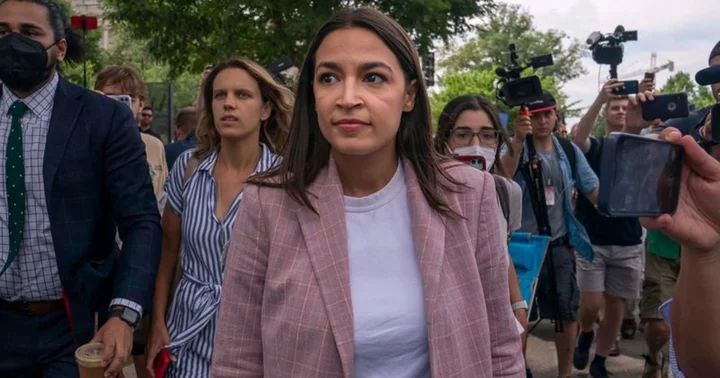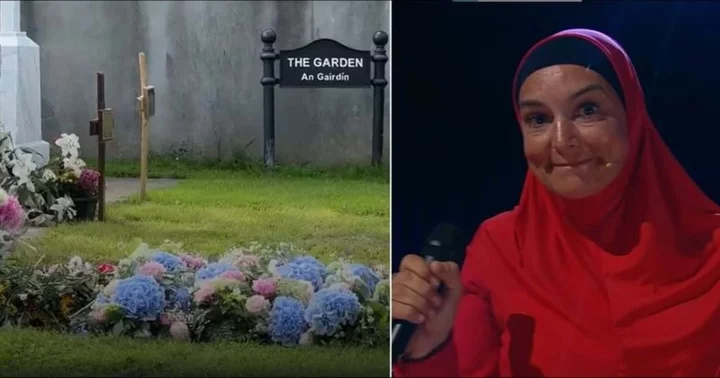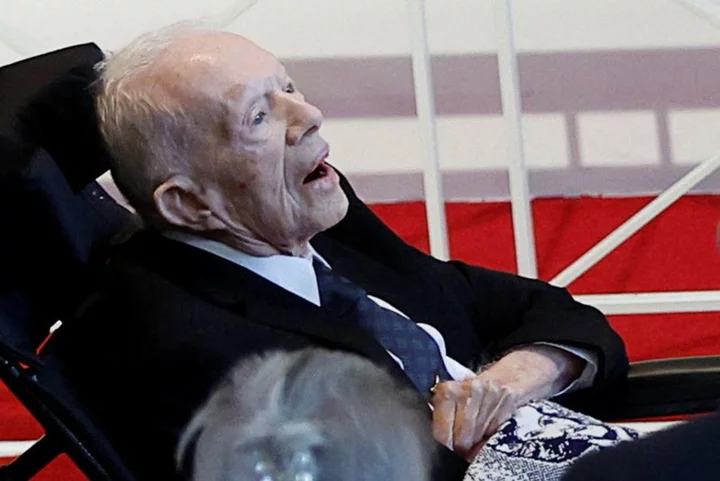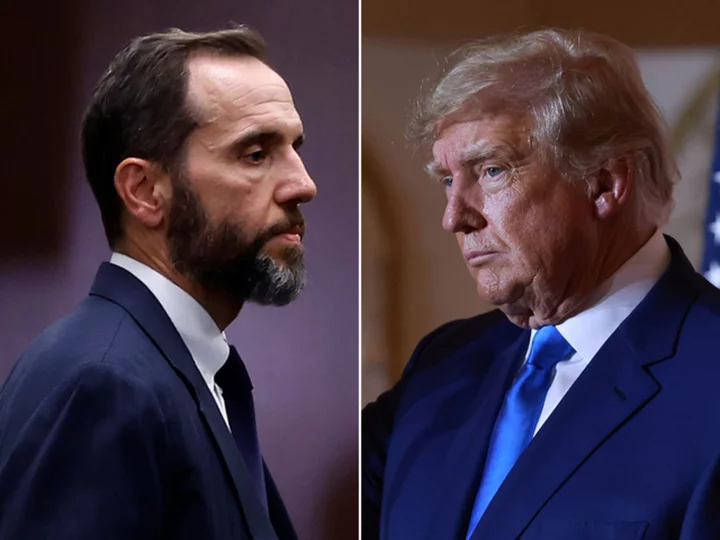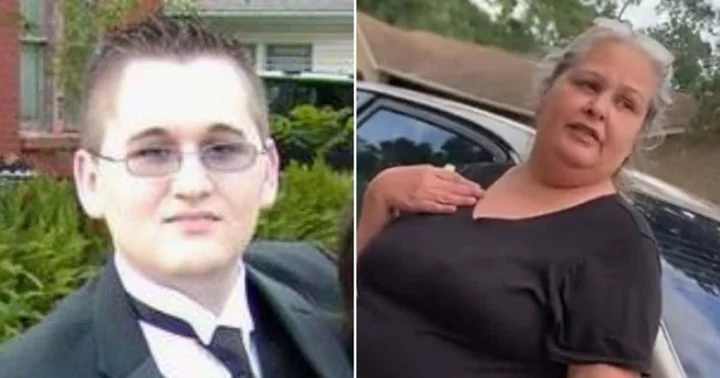NEW YORK CITY, NEW YORK: In a recent move that has ignited a heated debate, Rep Alexandria Ocasio-Cortez has joined forces with the New York City Democratic Socialists to advocate rise in taxes for the top 5 percent of earners in New York.
According to a new analysis by Tim Hoefer, CEO of the conservative think tank Empire Center for Public Policy, this proposal would impact households making $250,000 or more.
While this call may seem aligned with the broader progressive agenda of taxing the wealthy, it has sparked controversy, with some arguing that it targets a much broader range of individuals than initially perceived.
AOC dedefining the 'rich'
Ocasio-Cortez's involvement in this statement marks a significant shift in focus from the traditional "1 percent" target to the top 5 percent of earners.
Hoefer, in his Wall Street Journal analysis, noted that the threshold for this category is around $250,000 for a household or approximately $127,000 each for a married couple. He pointed out that this threshold encompasses not only high-income earners but also includes many government workers, teachers, school administrators, and first responders.
"The move from targeting the top 1 percent to the top 5 percent is a recognition that the socialist program, to borrow from Margaret Thatcher, risks running out of other people’s money," Hoefer wrote in his analysis.
The shift in focus implies a broader reach and potentially affects a more diverse range of individuals than the traditional rhetoric of taxing only the ultra-rich.
Ocasio-Cortez is not alone in supporting this proposal, as 20 elected officials from New York, including state Senators Julia Salazar, Jabari Brisport, and Kristen Gonzalez, have signed on to the Democratic Socialists' statement.
The statement criticizes Governor Kathy Hochul and Mayor Eric Adams, both Democrats, for allegedly favoring "violent budget cuts" and calls for "full funding of schools, higher education, and healthcare" by raising taxes on the top 5 percent of New Yorkers.
However, the statement does not provide concrete details on how these proposed tax increases would be implemented.
Critics argue that such a plan lacks transparency and clear guidelines on how the revenue would be utilized to fund essential public services.
Social media backlash over AOC proposal
The controversy surrounding Ocasio-Cortez's tax proposal extends to social media, where it has elicited strong reactions.
"When progressives say tax the rich, they want you to think they only mean NYC's 136 billionaires, but AOC' now defines rich as the top 5%. That means all married couples making $127,000 each. Their contempt isn't for people who own yachts, it's for you," one tweeted.
"She's not there to solve problems. She's there to get reelected. She has to give the voters a reason why their lives are so hard. 'It's the rich! Blame them! Vote for me!'" another wrote.
"Leftists like @aoc know spending alone doesn’t improve outcomes. Contempt of business and work is the point. And so NY will continue to bleed billions to FL and TX," someone else offered.
"I loathe this socialist way. NY is doing zero to keep me here!!!" another added.
Potential impact on New York's economy
Rep Ocasio-Cortez's call for taxing the top 5 percent comes at a time when New York is already experiencing an outflow of wealthy millennials.
A recent study by Upgraded Points revealed that the state lost a significant share of millennials earning over $200,000 in 2021. New York's population of wealthy millennials declined by 4.6 percent, resulting in a loss of $8.3 billion from the state's tax base.
This trend has also been observed in other states with high-income taxes, such as Illinois and California, which saw a decrease in their wealthy millennial populations. On the other hand, states like Vermont, Idaho, and Montana experienced relative increases in their wealthy millennial populations.

